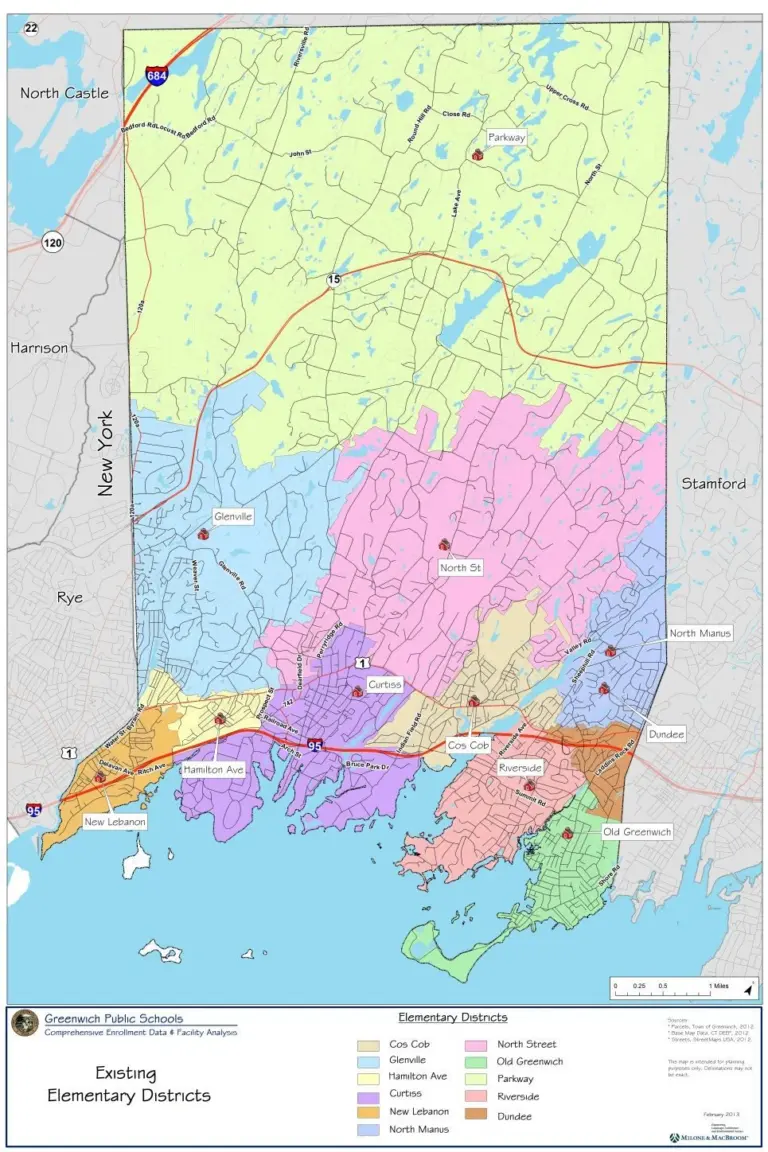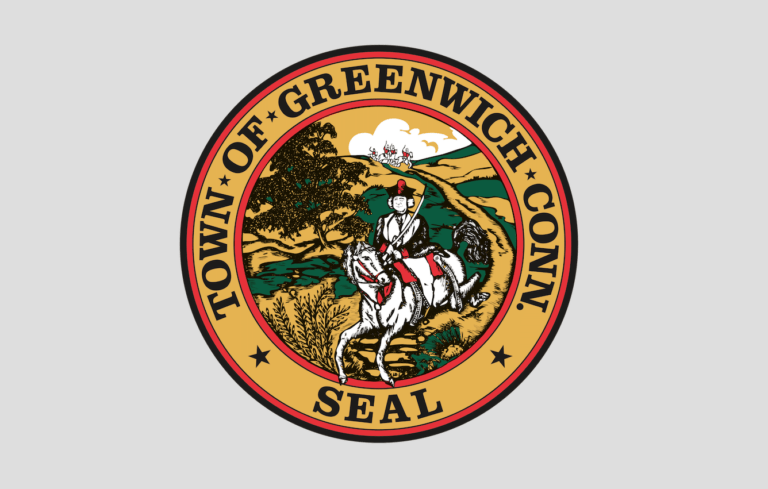
By David Cohen
We’re all so excited for the new school year! New things to learn, new routines and making new friends. If you walk through an early childhood program, you’ll hear lots of teachers saying, “Good morning, friends!” or “Let’s go, friends!” It may seem odd at first, but this is a very intentional way to promote the social development that we value so highly. Of the many skills that will be build, the ability to develop friendships is one of the most important.
What does it mean to have a friend, and to be a friend? Ask your child. Once they are talking (and maybe before), children will be able to give you lots of examples. Just this week, a 20-month-old in my Infant/Toddler program showed us what it means to be a friend. A younger child was crying so he sat down and started to rub his back. A four-year-old in another room is returning to school after a few days. Her mother knows that having lunch with her friends will be one of the best things to get back to normal. These peers, who may have been placed at random in the same class, become a very special community.
Relationships bloom with the thoughtful support of professional teachers. Last year, a class of four-year-olds made partner portraits. Each child painted a friend and then switched places. The quotes, which were transcribed, said it all. The students built each other up, complimenting their attributes and creating meaningful representations. This is the type of muscle memory that we want to build in children.
What happens when there is a conflict? No worries. This is the ultimate safe place for conflict resolution. We start by making expectations really clear. We give examples, such as a puppet show where the two characters have a disagreement and then work things out. Instead of separating friends who are not getting along, we facilitate conversations where we identify our feelings and try to understand those of others.
What can you do at home to support this social development? Keep the conversation going. Ask about your child’s friends. Talk to others about the friendly things that your child does. Model great social behavior – your children are definitely watching. Be open-minded when you hear about conflict. As adults, we are used to situations having a clear right and wrong. Usually, I am right and you are wrong :). If someone is unkind to your child, you might be inclined to intervene, tell them how to win, or suggest avoiding that person. Instead, encourage them to consider the whole situation and draw upon their empathy. How do you think he was feeling when he knocked down your building? Let him know how you felt. Remember, school is a safe place to build those skills.
Wishing you all a year of happy, healthy friendships!




